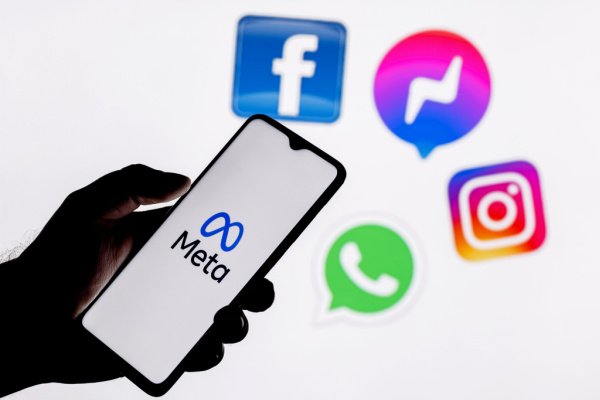ChatGPT kicked off the AI chatbot race. Meta is determined to win it.
According to a report by The Verge, the Meta AI assistant, introduced last September, is now being integrated into the search box of Instagram, Facebook, WhatsApp, and Messenger. It’s also going to start appearing directly in the main Facebook feed. You can still chat with it in the messaging inboxes of Meta’s apps. And for the first time, it’s now accessible via a standalone website at Meta.ai.
But for Meta’s assistant to have any hope of being a real ChatGPT competitor, the underlying model has to be just as good, if not better. That’s why Meta is also announcing Llama 3, the next major version of its foundational open-source model. Meta says that Llama 3 outperforms competing models of its class on key benchmarks and that it’s better across the board at tasks like coding. Two smaller Llama 3 models are being released today, both in the Meta AI assistant and to outside developers, while a much larger, multimodal version is arriving in the coming months.
The goal is for Meta AI to be “the most intelligent AI assistant that people can freely use across the world,” says CEO Mark Zuckerberg. “With Llama 3, we basically feel like we’re there.”
The Meta AI assistant is the only chatbot that now integrates real-time search results from both Bing and Google — Meta decides when either search engine is used to answer a prompt. Its image generation has also been upgraded to create animations (essentially GIFs), and high-res images now generate on the fly as you type. Meanwhile, a Perplexity-inspired panel of prompt suggestions when you first open a chat window is meant to “demystify what a general-purpose chatbot can do,” says Meta’s head of generative AI, Ahmad Al-Dahle.
While it has only been available in the US to date, Meta AI is now being rolled out in English to Australia, Canada, Ghana, Jamaica, Malawi, New Zealand, Nigeria, Pakistan, Singapore, South Africa, Uganda, Zambia, and Zimbabwe, with more countries and languages coming. It’s a far cry from Zuckerberg’s pitch of a truly global AI assistant, but this wider release gets Meta AI closer to eventually reaching the company’s more than 3 billion daily users.
There’s a comparison to be made here to Stories and Reels, two era-defining social media formats that were both pioneered by upstarts — Snapchat and TikTok, respectively — and then tacked onto Meta’s apps in a way that made them even more ubiquitous.
Some would call this shameless copying. But it’s clear that Zuckerberg sees Meta’s vast scale, coupled with its ability to quickly adapt to new trends, as its competitive edge. And he’s following that same playbook with Meta AI by putting it everywhere and investing aggressively in foundational models.
“I don’t think that today many people really think about Meta AI when they think about the main AI assistants that people use,” he admits. “But I think that this is the moment where we’re really going to start introducing it to a lot of people, and I expect it to be quite a major product.”
—
Photo Credit: Sergei Elagin / Shutterstock.com
